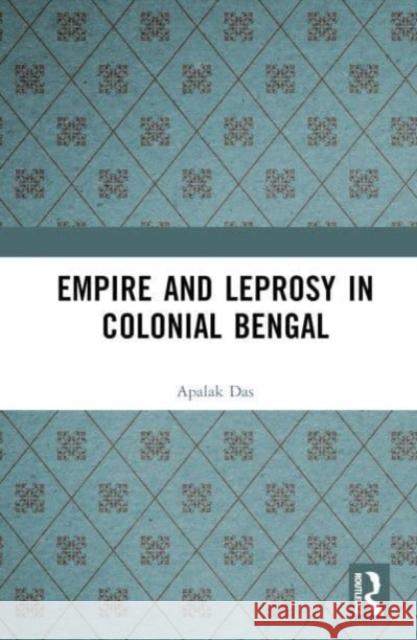Empire and Leprosy in Colonial Bengal » książka
topmenu
Empire and Leprosy in Colonial Bengal
ISBN-13: 9781032513904 / Twarda / 2024 / 240 str.
Empire and Leprosy in Colonial Bengal
ISBN-13: 9781032513904 / Twarda / 2024 / 240 str.
cena 759,15
(netto: 723,00 VAT: 5%)
Najniższa cena z 30 dni: 654,86
(netto: 723,00 VAT: 5%)
Najniższa cena z 30 dni: 654,86
Termin realizacji zamówienia:
ok. 22 dni roboczych.
ok. 22 dni roboczych.
Darmowa dostawa!
This book traces the dynamics of the interface between colonial policy on leprosy and religion, science, and society in Bengal.











